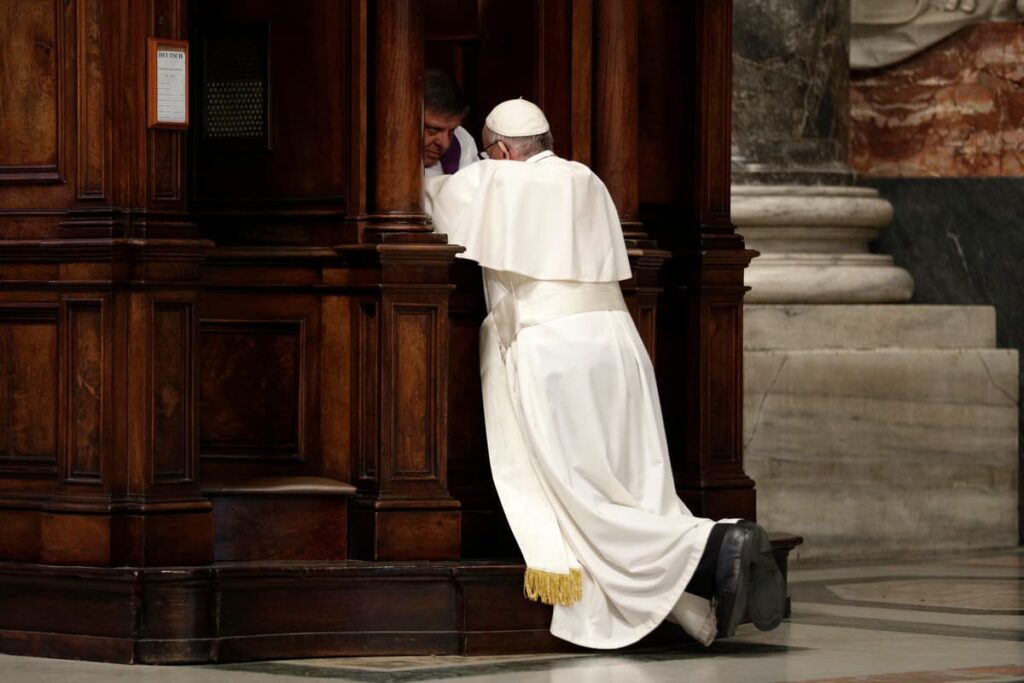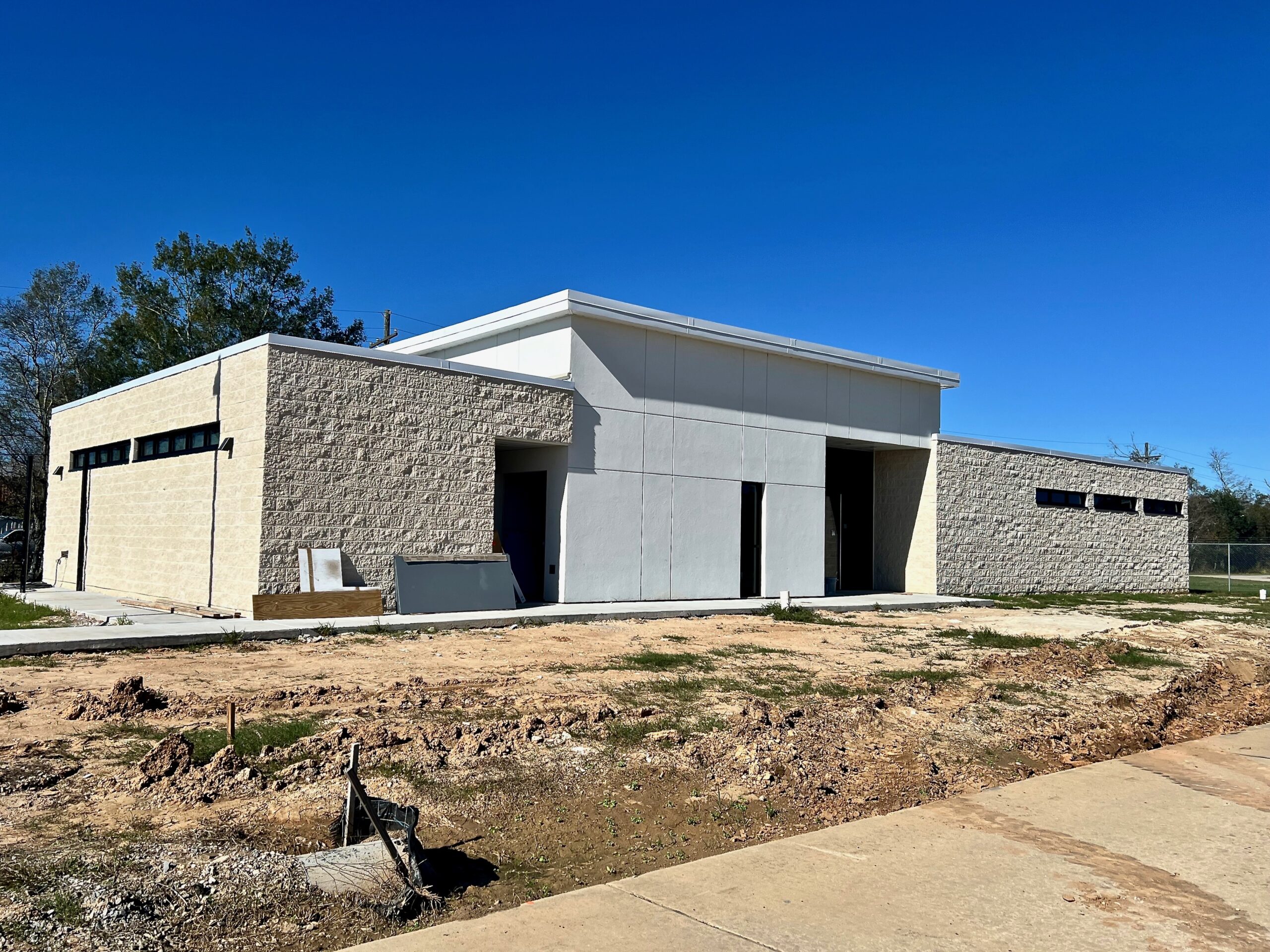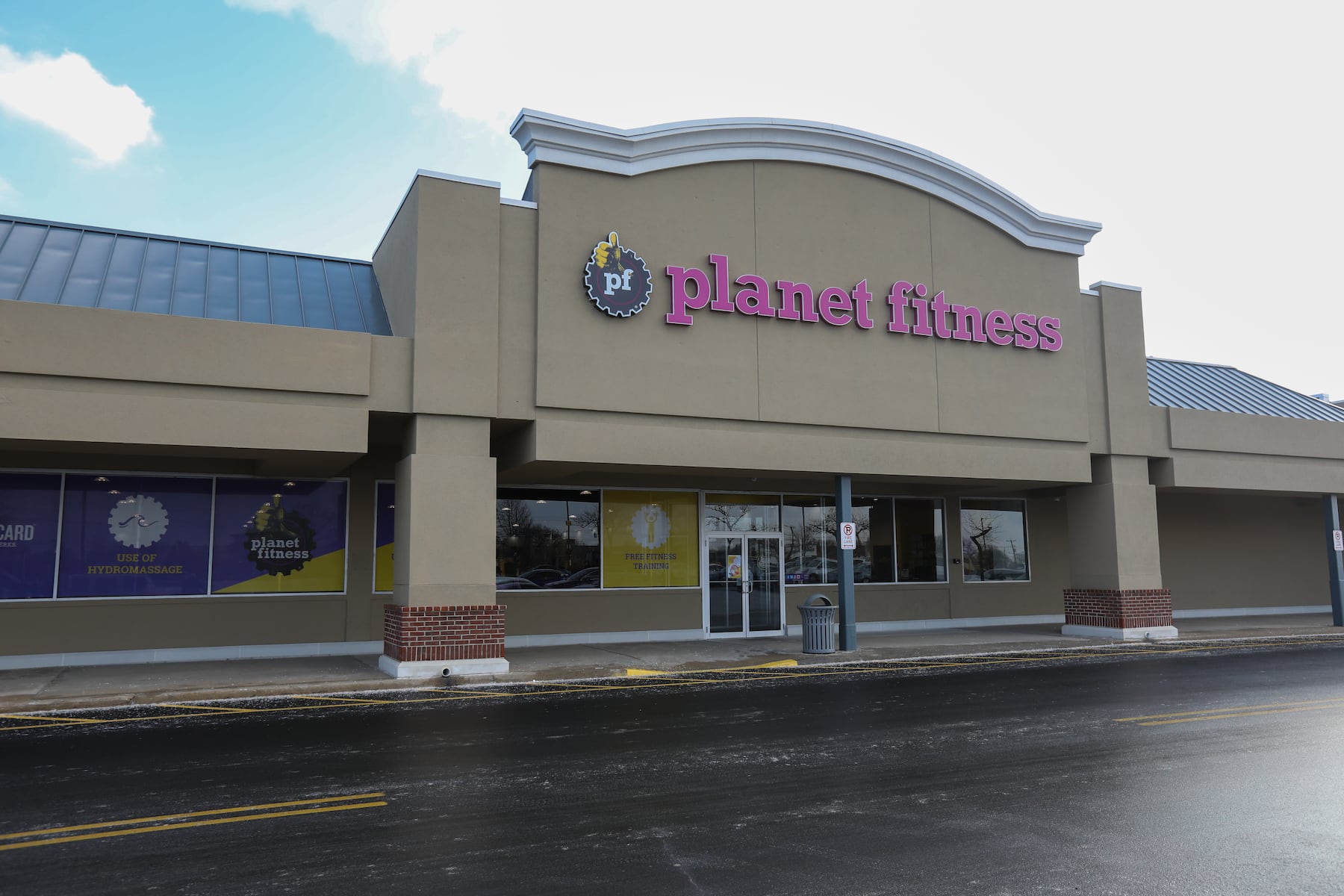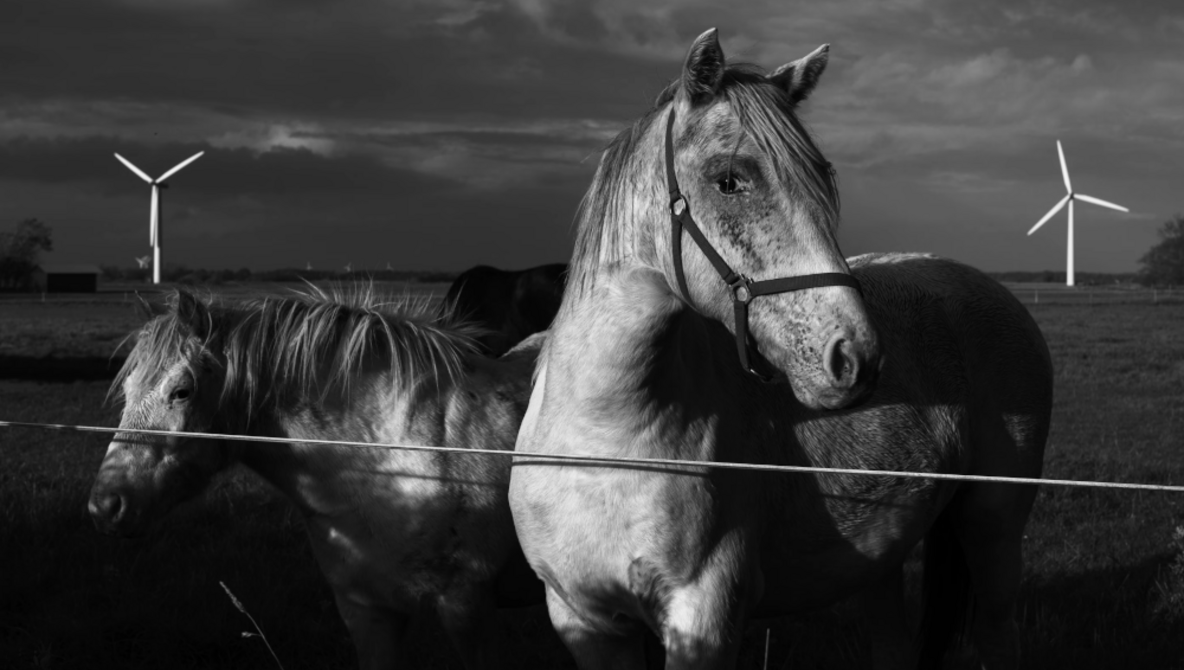
The Catholic Church has emerged as a prominent critic of President Donald Trump’s immigration policies, challenging the administration’s approach in a way that reflects its global influence. Despite Trump’s efforts to garner support from religious voters, the Church’s leadership has condemned practices that they argue undermine human dignity and moral values.
In September, Pope Leo XIV addressed concerns regarding the Trump administration’s immigration crackdown, particularly in light of the controversy surrounding Archbishop Blase Cupich’s decision to honor Senator Dick Durbin. The senator has faced scrutiny for his support of abortion access, an issue at odds with Catholic doctrine. The Pope articulated his views, stating, “Someone who says I’m against abortion but is in agreement with the inhuman treatment of immigrants in the United States, I don’t know if that’s pro-life.” His comments highlight the Church’s position that all life must be respected, regardless of immigration status.
The archbishop of Chicago, Blase Cupich, echoed the Pope’s sentiments, emphasizing the need to consider the dignity of immigrant parents. He stated, “[Immigrants’] dignity as parents must be taken into account before they are ripped away in full sight from their children, who are now citizens.” Cupich noted that attendance at Mass has declined, particularly in Latino communities, due to fear stemming from immigration enforcement.
Bishop Mark Seitz of El Paso reinforced the Pope’s concerns, indicating that the pontiff is “very personally concerned about these matters.” He urged fellow bishops to “speak strongly on this issue,” reflecting a unified stance among Catholic leaders regarding immigration policy. Archbishop Robert McElroy of Washington also expressed strong opposition, declaring that the policy of mass deportations is “not only incompatible with Catholic teaching,” but is also “morally repugnant.”
In January 2023, the U.S. Conference of Catholic Bishops criticized Trump’s immigration policies as “deeply troubling” and warned of their potential “negative consequences.” Some dioceses have adapted to the climate of fear by informing congregants that they are exempt from attending Mass if concerned about immigration raids.
Several other religious organizations, including the Episcopal Church and the Evangelical Lutheran Church in America, have also publicly denounced Trump’s policies, urging their members to treat migrants with dignity. In February, a coalition of 27 Christian and Jewish organizations filed a lawsuit against the Trump administration, challenging a policy that allowed immigration agents to conduct arrests at places of worship.
While individual pastors and congregations have voiced their opposition, mainline Protestant denominations have not taken the same public stance as the Catholic Church. A ministry within the conservative Presbyterian Church in America faced backlash after posting resources for undocumented immigrants to avoid deportation. Although the ministry later removed the information and issued an apology, it reflects the tension within religious communities regarding immigration advocacy.
Trump administration officials have dismissed the Catholic Church’s criticisms. In response to the Pope’s remarks, Tom Homan, a key figure in border enforcement, stated, “I’ve got harsh words for the pope: He ought to focus on his work and leave enforcement to us.” The White House press secretary, Karoline Leavitt, also rejected claims of inhumane treatment of immigrants, asserting that the administration aims to enforce laws “in the most humane way possible.”
The ongoing dialogue between the Catholic Church and the Trump administration underscores the complex intersection of faith, politics, and immigration policy in the United States. As religious leaders continue to speak out against what they perceive as unjust treatment of immigrants, the impact of these statements resonates not only within the Church but across the broader society.






